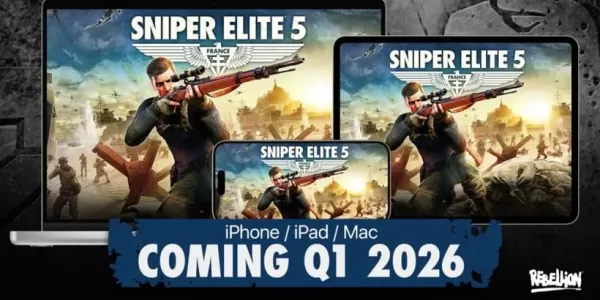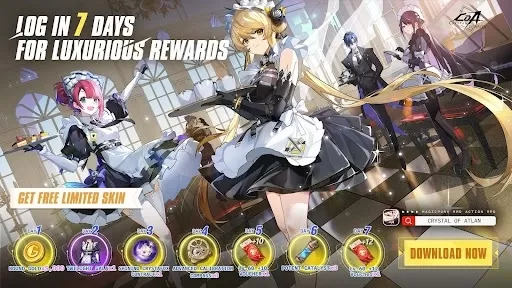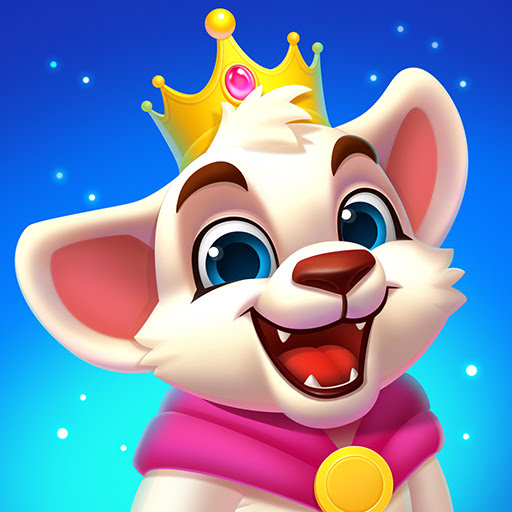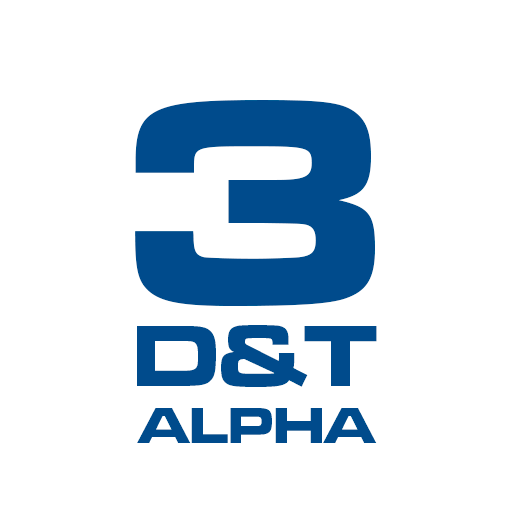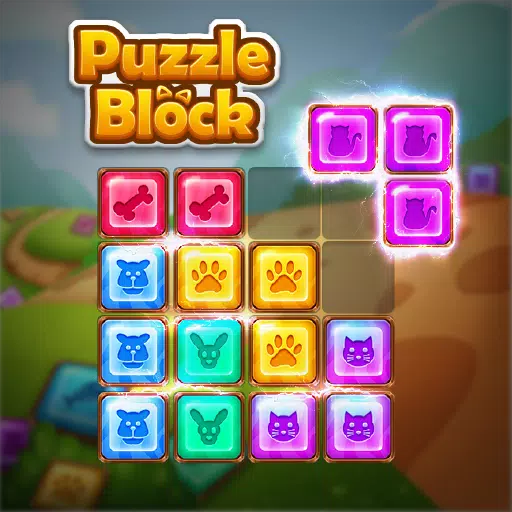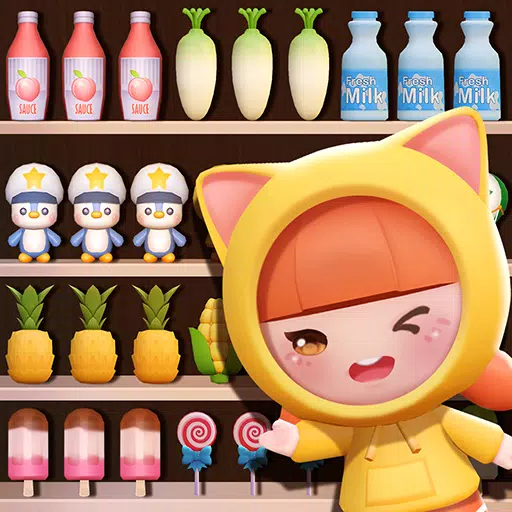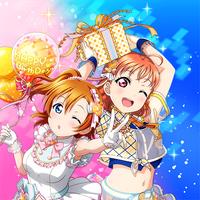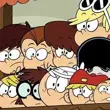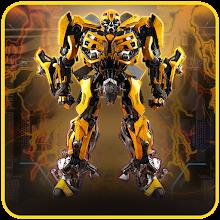Pokémon TCG Pocket's trading feature, launched last week, has faced significant player backlash, prompting developer Creatures Inc. to address concerns. In a statement on X/Twitter, Creatures Inc. acknowledged the negative feedback, explaining that the restrictive trading mechanics, including Trade Tokens, were intended to prevent bot abuse and maintain a fair playing environment. However, they admitted that these restrictions inadvertently hinder casual enjoyment of the trading feature.
The company pledged to improve the trading system, promising to offer Trade Tokens as rewards in future events. This promise, however, has already been broken, as the February 3rd Cresselia ex Drop Event did not include any Trade Tokens.
The current system requires players to delete five cards from their collection to trade one of the same rarity, a costly process criticized by players. This, coupled with existing in-app purchase limitations on pack openings and Wonder Picking, fuels concerns that the trading feature is primarily designed to boost revenue. The inability to trade cards of 2-Star rarity or higher further exacerbates this perception, as it forces players to spend significant sums on packs for a chance to obtain rare cards.
Every Alternate Art 'Secret' Card in Pokémon TCG Pocket: Space Time Smackdown
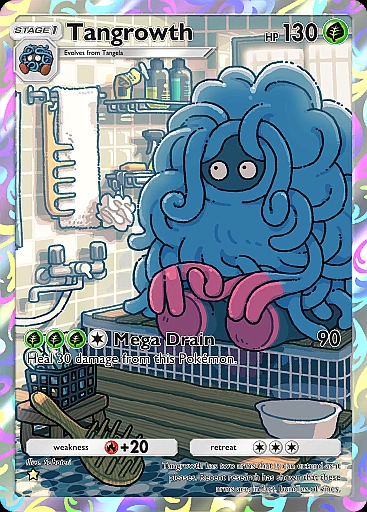
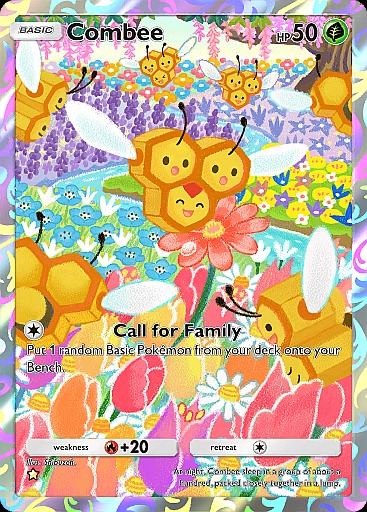 52 Images
52 Images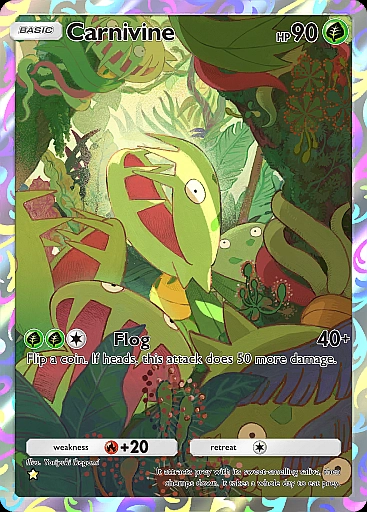
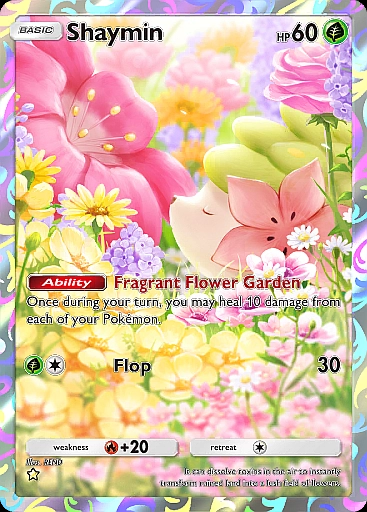
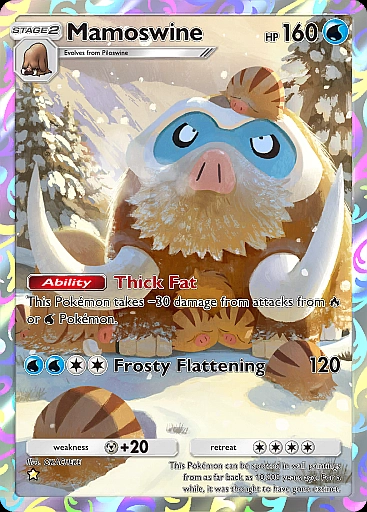
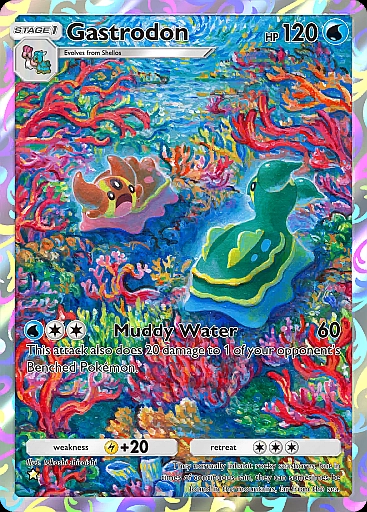
Creatures Inc.'s statement lacks specifics regarding the planned improvements and their timeline. The company also hasn't addressed whether existing trades will be refunded or compensated, leaving players uncertain about potential losses if the Trade Token system changes. The limited availability of Trade Tokens (only 200 offered as premium Battle Pass rewards) further underscores player frustration.
The controversy has led to accusations of predatory monetization practices, with players describing the trading mechanic as "predatory and downright greedy," "hilariously toxic," and a "monumental failure." The high cost of completing sets, with one player reporting spending approximately $1,500 to complete the first set, fuels these criticisms. The game's reported $200 million revenue in its first month, before the trading feature's launch, further supports these claims.

